In 2015, Hannah and Quilen Blackwell bought and renovated a house on 6439 S. Peoria Street, in Englewood. They are now running community sustainability programs from this house—they call it the Eco House.
Quilen, who has a background in community development and environmental sustainability, volunteered at a high school in Englewood before moving to the neighborhood. Hannah, who has a bachelor’s degree in justice studies, previously worked with communities on the West Side, where she lived at the time. When they met in 2014, both wanted to live somewhere where they could put their professional experience to use and work from the ground up to make an impact.
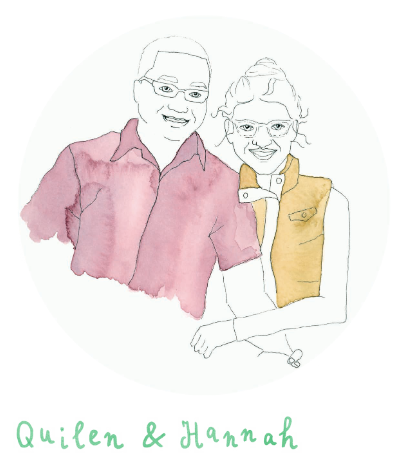
They began an afterschool program at the Eco House and, several blocks away, started the Stewart Street Urban Farm, where they have thirty-two paid positions for high school students. Ultimately, they want to develop more Eco Houses with residents on different blocks, create jobs through sustainable education and manufacturing in Englewood, and support childhood development.
“If we really want to make an impact we have to be on the block, because that is where the community life occurs,” Quilen and Hannah say.
In the backyard, the Eco House has a vegetable garden and a chicken coop where they teach kids about growing their own food, composting, and sustainability.
“We love it, we feel alive here. For us, it brought about the best in who we are. In more affluent neighborhoods, from a material standpoint, things look better, but from a human relationship standpoint, most people don’t know their neighbors. We’ve only lived here for a year but we already know our entire block.”
Eco World
For two days a week, the Eco House is all about Eco World, an environment where kids learn practical life skills through a game. The program is supported by the organization After School Matters. Everyone gets assigned a job, and they get paid in Monopoly money, which they can spend in the Eco House.

“They have to pay for their snacks, they have to put money in savings, and they each have job, so they do the job all month and at the end of the month they get paid,” Hannah explains. “We also have a little store.”
Activities include cooking, gardening, piano lessons, reading, budgeting, carpentry, constructing a solar panel, and 3D printing.
“The Eco World is really designed to be this real-world simulator,” Quilen adds. “It is all captured in the context of a game, where kids can have fun and prepare themselves for things that they have to do in the real world.”
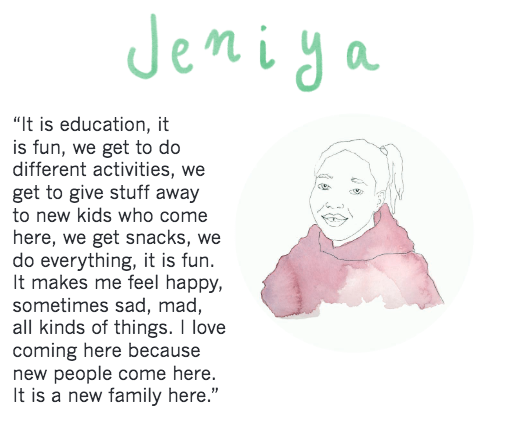
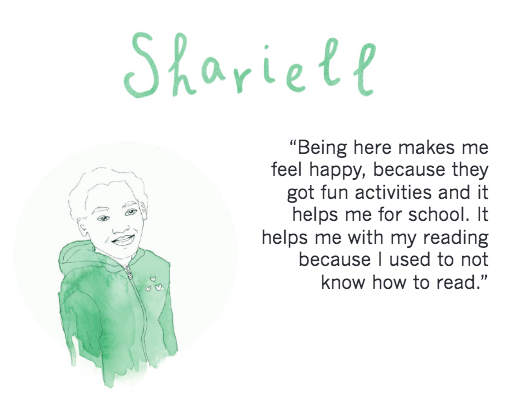
Stewart Street Urban Farm
In partnership with the office of 20th Ward Alderman Willie Cochran, Urban Prep Academy, TEAM Englewood High School, After School Matters, and the Gardeneers, the Eco House embraced the opportunity to turn several vacant lots into an urban farm in order to teach students about urban agriculture while also contributing fresh produce to the local community. The garden grows kale, lettuce, tomatoes, basil, peppers, green beans, dill, flowers, and more while providing paid positions for students. The food is donated to church food pantries and brought home to the students’ families. The flowers are sold to Flowers For Dreams.
The Future
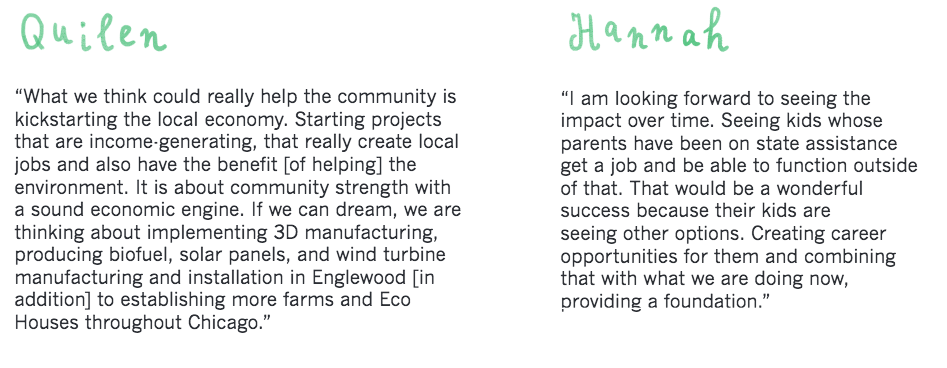
Did you like this article? Support local journalism by donating to South Side Weekly today.


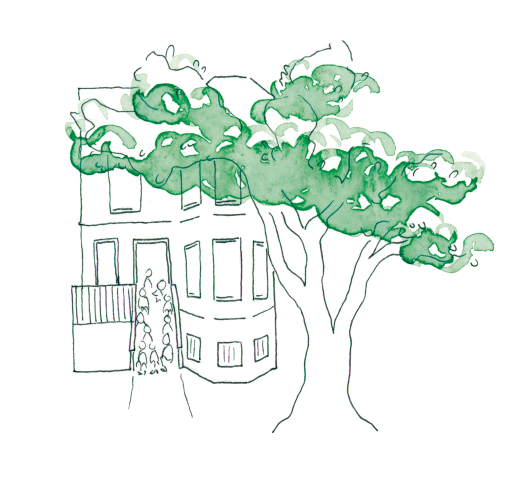
Eco House is the future! ????????????????